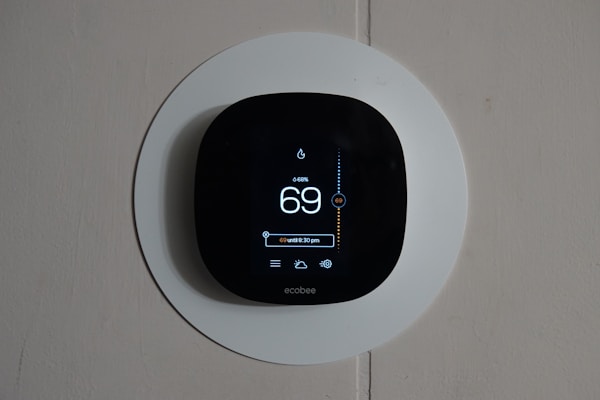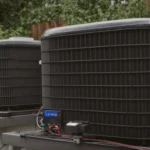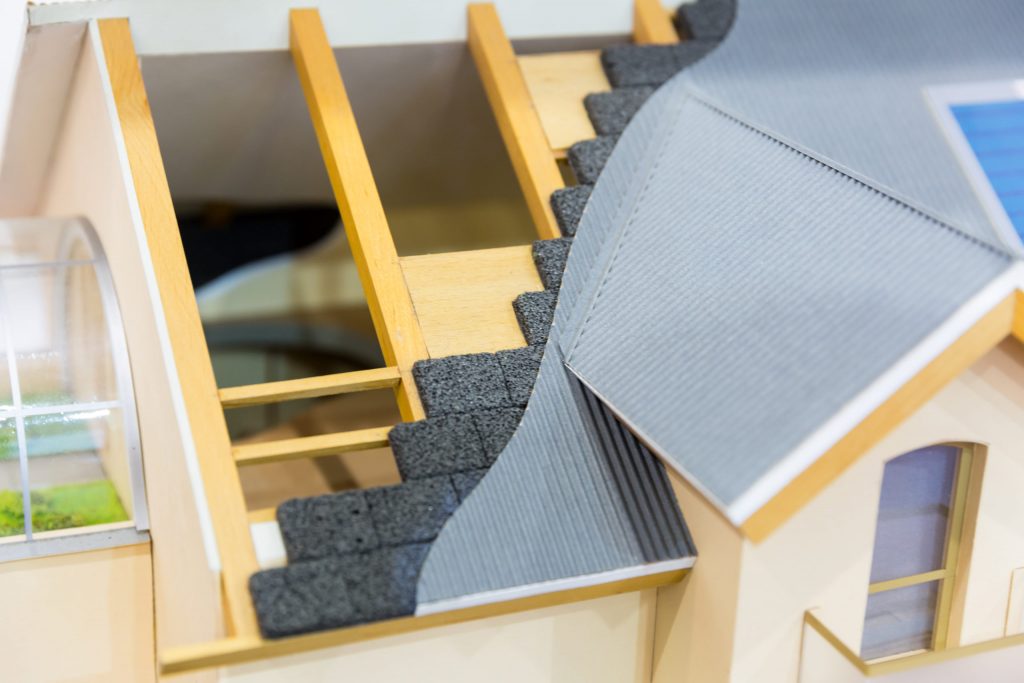There are many reasons why insulating your home is important. Firstly, insulating your home can reduce your energy bills, as it helps to keep your home warm in the winter and cool in the summer. Additionally, proper insulation can also make your home more comfortable to live in, and can even improve the air quality. However, if you’re new to homeownership, you may be confused about how to insulate your home or what type of insulation is best. If you’re not sure where to start, keep reading to learn about the best way to insulate your house.
What is the best way to insulate your house?

If you’re like most people, your temperature for house matters to you, and you want to be able to maintain your preferred temperature when you’re at home. Insulation is a key part of keeping your room temperature consistent and preventing air leaks that can increase your energy consumption and cause discomfort. Unfortunately, there is no one-size-fits-all answer when it comes to insulating your house, as the best way to do it will vary depending on your climate, the type of house you live in, and your energy needs. When you take these factors into account, it will be easier to determine which form of insulation is right for protecting your home.
There are a variety of insulation materials available, each with its own advantages and disadvantages. Fiberglass insulation, for example, is affordable and easy to install, but it can be prone to moisture damage. Cellulose insulation is more environmentally friendly than some other options, but can be more difficult to install. The average temperature in your area is a factor. In colder climates, you’ll need insulation that can keep the heat in, while in hotter climates you’ll need insulation that can keep the heat out.
Energy departments offer incentives and rebates for homeowners who install energy-efficient insulation, so you may want to research these incentives before making a final decision. Don’t forget your roof when you’re in the insulation process. Many homeowners neglect to insulate the roof, which can be a significant source of energy loss. Adding insulation to the roof can be a more difficult and expensive process than insulating the walls, but it’s worth considering if you’re looking to improve your home’s energy efficiency.
How else can you make your HVAC system more effective?

A smart thermostat can optimize your home’s heating and cooling system to make it more effective and efficient. A smart thermostat can help you save energy and money by automatically adjusting your home’s temperature to meet your needs and using algorithms to adapt to your habits. That means your system will use the least amount of energy possible to maintain your ideal indoor environment. A smart thermostat can even monitor your energy usage so that you can make changes reduce your consumption, which will boost long-term cost effectiveness and reduce your carbon footprint.
Windows are a key part of any home, but they can also be a source of problems if they aren’t properly maintained. Cracks and crevices in windows can let in outdoor air, moisture, and pollutants, which can make your home uncomfortably cold in the winter and hot in the summer. In addition, moisture can damage your windows and encourage the growth of mold and other pests. If you want to keep your home comfortable and healthy, repair flaws and imperfections as soon as you notice them.
Considering how important your HVAC system is for your comfort and safety at home, it’s a good idea to invest some time and effort into taking care of it. Insulation is a necessary part of maintaining the temperature you prefer inside your home, but you have to choose the right type of insulation if you want to get the most out of it. If you’re a homeowner that wants to enjoy the time they spend in their house, talk to your local HVAC professional about upgrading your insulation, and your thermostat, today.












